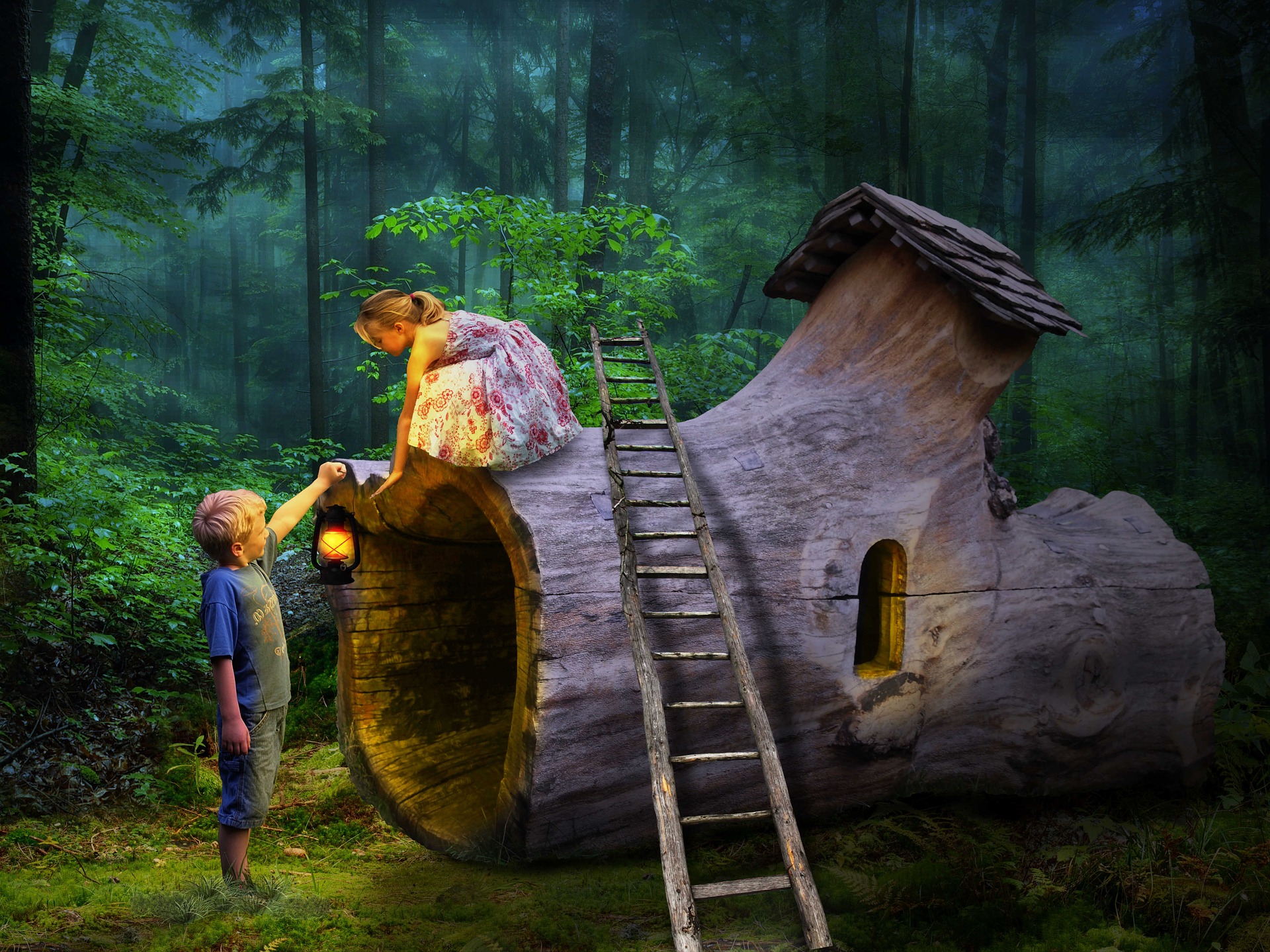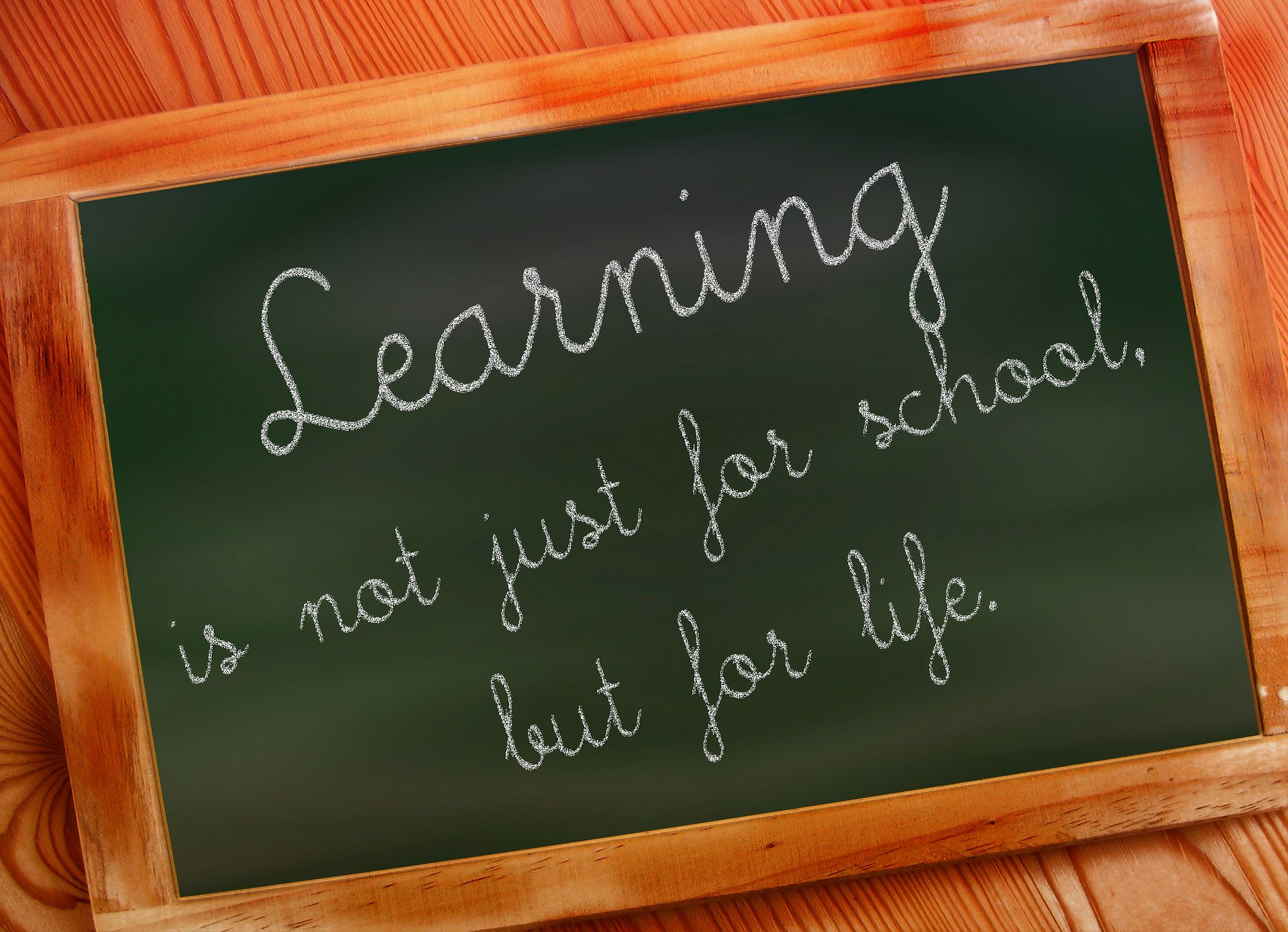-
Makes the child independent

Why is it important that the child is independent? What is independence?
Let’s begin by answering the second question first.
Being able to understand the importance of dental hygiene comes with the habit of the child brushing its teeth twice a day. Knowing the process of brushing, or flossing is independence.
Being able to understand the importance of personal hygiene comes with habits — the child bathing every day, using the toilet when necessary and keeping oneself and the environs around tidy and clean. Knowing the process of bathing, using the right amount of water and soap, being potty trained, following the process of drying the towels, choosing the clothes and wearing them are all a part of the child’s independence.
A lot of children at a very young age know how to serve themselves breakfast and milk, talk to the shopkeepers to buy a thing or two, climb the school bus, cycle/walk up to their schools etc. This is independence.
The child returns home — and probably likes to watch television or read a book. When the clock strikes homework-o’clock, if the child gets to the room to work, this is an independent child.
This is the child that may appear on the dinner table at the right time, brush and be in bed without being told they need to. This child is hardly dependent on the parent/guardian/mentor, as in the upbringing lies hard work of teaching life skills to this child to be independent.
The answer to the second question answers the first. Independence comes with life skills. -
Sharpens the child’s reflexes

What are reflexes?
The dictionary meaning of the word “reflex” (noun) is — an action that is performed without conscious thought as a response to a stimulus.
The universe is full of surprises. Every new moment, every new second is unpredictable. There are good surprises and not so good ones too. How does one deal with such unexpected events? Using their reflexes, or what can also be called the muscle power.
How does this work?
Our subconscious mind is constantly recording patterns. The daily influences, habits, routines, observations, set of events are recorded by the brain and stored. How we train the brain becomes crucial to how we think and react to situations. The right kind of influences and training leads to creating a problem-solving mind.
Example: If the child touches a boiling pot of water and the child immediately pulls its hand away, this action is through the child’s reflexes. Further, the child may keep the hand that was affected by the heat under running water to cool it down. This is an extension of acting through its reflexes. This child’s brain has been conditioned well to react in such ways.
Another good example to explain the importance of reflexes would be the child’s ability to cross the road in traffic. The child’s ability to gauge the speed of vehicles appearing towards the child and/or the ability to look both left and right and time well when to start walking from one end of the road to the other is determined by reflexes.
These reflexes play a very important role as the child enters adulthood. Through life skills development, the child’s reflexes are sharpened making the brain smarter and quicker in thinking.
-
Improves analytical thinking

What is analytical thinking?
Below is the best definition of ‘Analytical Thinking’.
“Analytical thinking is a critical component of visual thinking that gives one the ability to solve problems quickly and effectively. It involves a methodical step-by-step approach to thinking that allows you to break down complex problems into single and manageable components.”
This kind of thinking is necessary for children to solve any type of problem during their childhood and such conditioning follows through adulthood. This kind of thinking is what job recruiters look for. This kind of thinking helps the child build a brain which reasons well.
They say, “To know what to ask, is already to know half.” — but how does one know what to ask? How does one know the right questions to get the right answers? Through analytical thinking. Such thinking comes through acquaintance with the basic and advanced life skills.
-
Creates and broadens empathy

The word “empathy” is used often by various psychologists, journalists, professors, etc. What does ’empathy’ mean?
Empathy is the ability to perceive and relate to a foreign point of view. Usually, empathy exists where one has experienced a situation that others are experiencing, oneself. Hence the experience is shared and there exists an understanding of the feelings involved.
Example: During a race, the child accidentally falls down and is injured. This causes a certain amount of pain. When a similar situation happens to another child or anyone for that matter, the child who had once fallen understands the pain as it’s relatable. The child feels bad for the injured, tries to help etc. This feeling is called empathy.
Empathy needn’t always arise through sensing the same feelings. Empathy can also be achieved through understanding other’s feelings.
The best example to explain this is the one with animals. If the child is taught from a very young age how vulnerable these animals are – the do’s and don’ts around them – and educated about the animal’s behavior, the child grows up learning how to behave around the animal. For instance, a well-educated child never hurts a stray dog. When the child sees one being hurt, the child feels a certain emotion in favor of the dog, by understanding the particular act is unfair and that the dog is in pain. This is empathy too.
Empathy informs compassion, and compassion informs wisdom. This is required for the child’s awareness and evolution.
-
Adaptation becomes simple

Adaptation is a simple word. Being able to accept changes in the environs around us can be called adaptation.
Childhood to adulthood makes one experience several changes in the various habitats. This can be overwhelming if unfamiliarity starts occupying the brain space for too long. The child needs to change too with the changing environment.
A child with all of the above skills is more likely to adapt well to newness compared to a child without such skills.
For example, let’s say the parents are on transferable jobs leading the child to change schools and cities often. This certainly affects the child as the child is forced to make new friends each time and get used to the new neighborhood and its qualities without a choice. An independent child adapts quickly to the new environment as its mind is trained to use the problem-solving approach to situations. Such a child also transitions into adulthood with a great deal of empathy towards other beings.
How are such life skills developed by the children?
Through art, through music, through dance, and through literature.
This is what we do at life art education. We help children develop life skills by educating them in the best ways we believe will help them transform into beautiful and intelligent beings.

